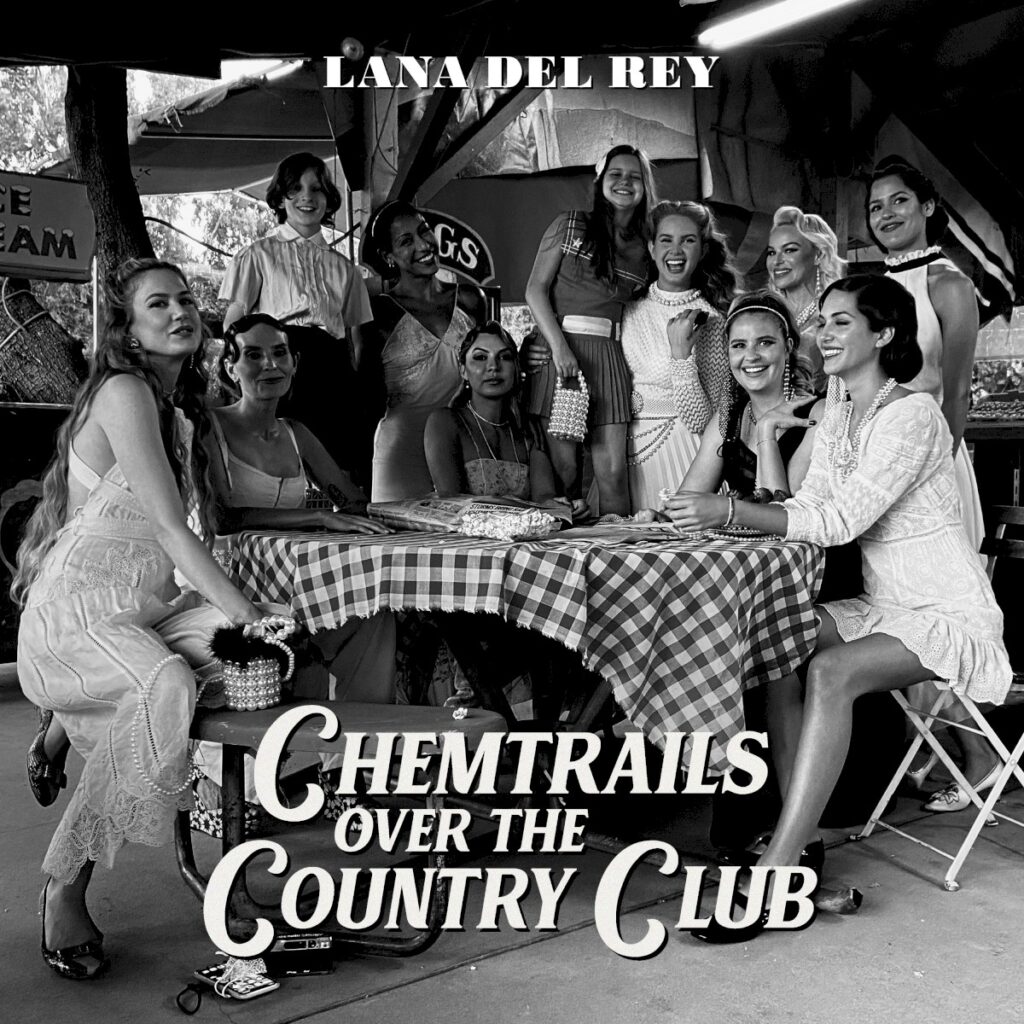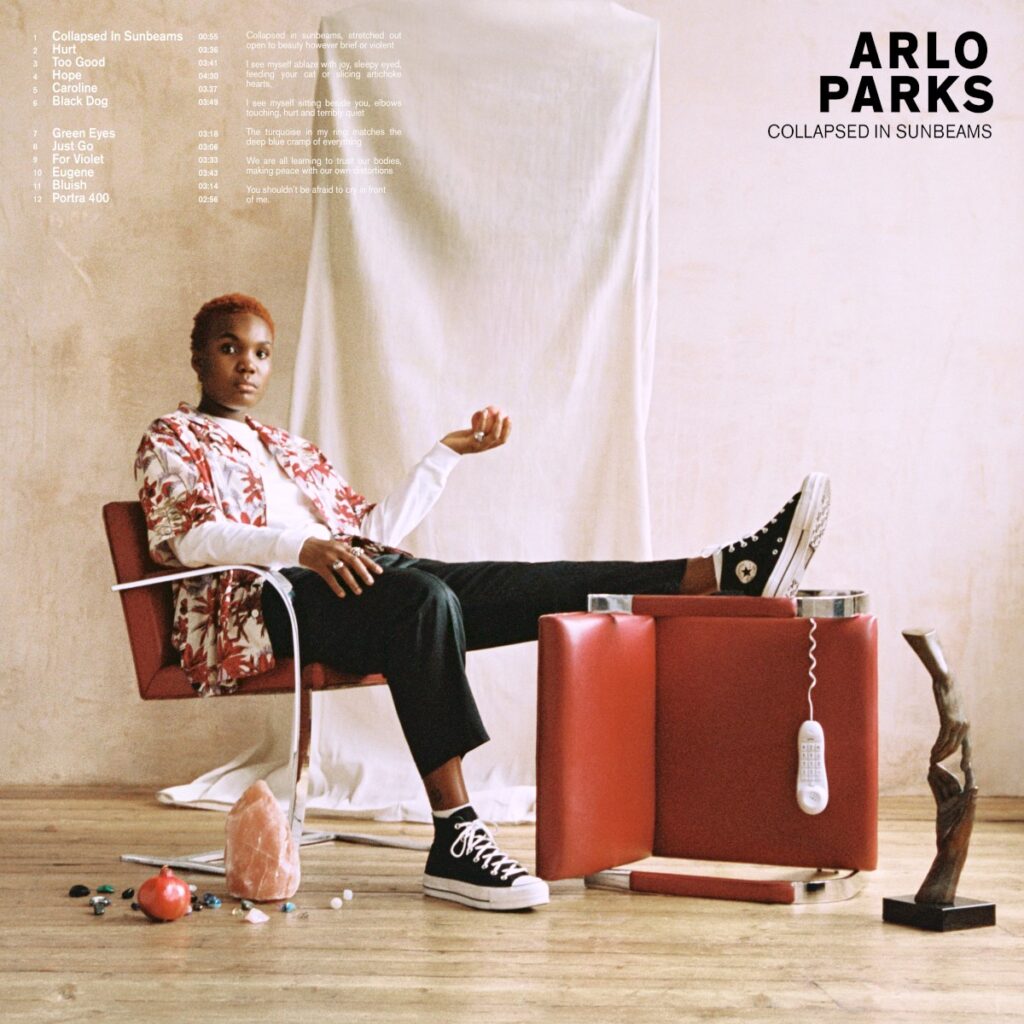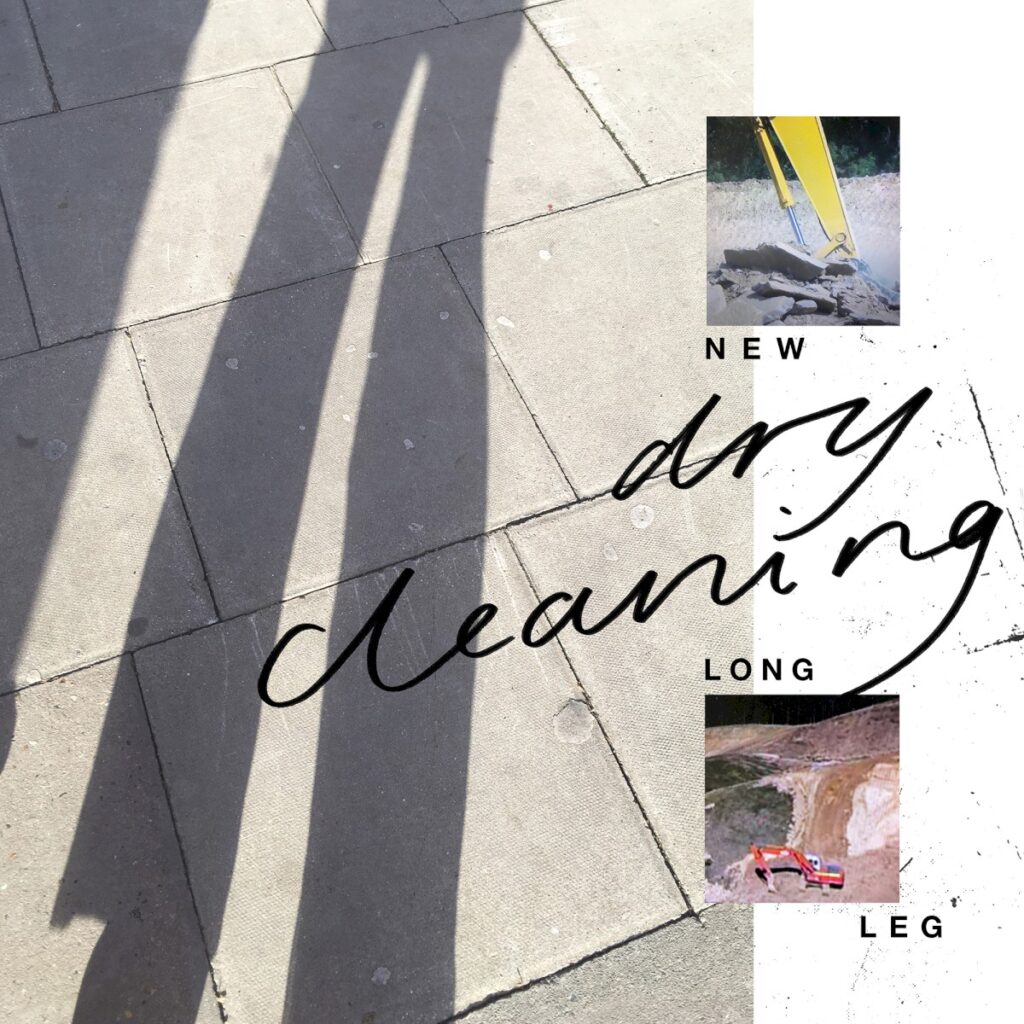Previously,
The Best 20 Albums of 2021: My Picks #20-16
15.
Turnstile, ‘GLOW ON’

Turnstile’s third studio album, GLOW ON, defies easy categorization: it glides across multiple genres, echoing the anthems of alternative rock, the rhythm of R&B, and the atmospheric tones of shoegaze, all while maintaining a visceral hardcore spirit. The album does more than merely traverse these genres; it celebrates their coexistence within a unified sonic framework. Lyrically, the themes of GLOW ON pivot around self-discovery, resilience, and the ecstatic highs and lows of human experience. From the introspective musings of Mystery to the celebratory defiance in Holiday, the album’s lyrical content offers a raw, unfiltered exploration of emotional landscapes. Importantly, it neither shies away from uncertainty nor revels solely in triumph, offering a balanced tapestry of human experience. The album’s opener, Mystery, transitions from dreamy keyboards to a potent riff, setting an audacious tone for what follows. This transitionary brilliance is not isolated; Blackout, another standout track, oscillates between classic skate punk and breakdowns reminiscent of hardcore legends like Hatebreed. While tracks like Blackout and T.L.C. (Turnstile Love Connection) maintain a mosh-pit fervor, others like No Surprise and Lonely Dezires explore softer, more atmospheric territories. No Surprise, though a brief 45-second interlude, showcases the band’s ability to create resonance even within brevity—though some critics argue it could have been developed further.
14.
Billie Eilish, ‘Happier Than Ever’

Billie Eilish’s sophomore album, Happier Than Ever, is both reflective of her inner turmoil and her journey through the trappings of fame. The album opens with Getting Older, setting a thematic tone of introspection and candid vulnerability. Eilish’s reflections on stardom, personal growth, and emotional struggles permeate the entire record. This theme of self-awareness and confronting inner demons threads through songs like My Future and NDA, where she tackles her evolving identity amid newfound success. Central to Happier Than Ever is the theme of toxic relationships and the catharsis born from their dissolution. The title track is a quintessential example of this, reflecting on the liberation found in leaving harmful connections behind. Eilish’s vocals evolve from a delicate whisper to an anguished yell, offering a stark auditory metaphor for the emotional journey she describes. Billie Eilish’s lyrics in Happier Than Ever are raw, nuanced, and brimming with introspection. She delves into her emotional depths and experiences, often drawing from her own life. Tracks like Overheated and Not My Responsibility address the pressures and scrutiny of living under the public eye. On Not My Responsibility, Eilish directly confronts body shaming and societal expectations, creating a poignant narrative that resonates on a larger cultural scale. Eilish’s composition on Happier Than Ever is more subdued than her debut album, embracing a richer, more intricate production style. The album is a blend of sparse acoustic elements, jazz influences, and subtle electronic textures. Its downtempo pop character is infused with elements of R&B, country, bossa nova, and electro-pop, creating a soundscape that is both expansive and intimate. The duality in Happier Than Ever itself exemplifies the album’s dynamic range, starting with a somber, acoustic melody and escalating into a distorted, cathartic finale. This stylistic shift acts as a bold narrative device, mirroring the emotional climax of the lyrics.
If I’m getting over you, or just pretending to
Be alright, convince myself I hate you
Can’t get over you, no matter what I do
I know I should but I could never hate you
13.
Lana Del Rey, ‘Chemtrails Over the Country Club’

You’re in the wind, I’m in the water
Nobody’s son, nobody’s daughter
Watching the chemtrails over the country club
Suburbia, the Brentwood Market
What to do next? Maybe we’ll love it
White picket, chemtrails over the country club
Lana Del Rey’s introspective musings and melancholic reflections have always worn a veneer of American nostalgia, but in Chemtrails Over the Country Club, her seventh studio album, she ups the ante with an evocative blend of folk, country folk, and Americana. The album’s concept revolves around Del Rey’s intricate dance between the pursuit of normalcy and the inherent escapism that pervades her past works. While it boasts themes of love, heartbreak, and nostalgia alongside a profound sense of disillusionment with Americana, its centerpiece is a more intimate contemplation of her personal life, particularly her friends and family. Chemtrails Over the Country Club, the title track, is a microcosm of the album’s ethos. This song, enriched with surreal imagery and suburban nostalgia, explores the dichotomies between the mundane and the transcendent. Del Rey juxtaposes images of domestic life—like washing hair and doing laundry—with surreal elements such as chemtrails, creating a haunting commentary on the American Dream’s elusive nature. The track White Dress reminisces about simpler times before fame, offering a dreamy narrative backed by minimal instrumentation. This song sets the tone for an album that frequently harkens back to a past imbued with both enchantment and melancholy. Sonically, Chemtrails Over the Country Club leans heavily into the folk and Americana influences with Antonoff’s production providing a stripped-down, acoustic backdrop that perfectly complements Del Rey’s evocative storytelling. The instrumentation, primarily focused on gentle piano and acoustic guitar, serves as a refreshing departure from the more grandiose production of her previous works. This nuanced approach allows for a raw, intimate feel throughout the album.
I left Calabasas, escaped all the ashes
Ran into the dark
And it made me wild, wild, wild at heart
The cameras had flashes, they caused the car crashes
But I’m not a star
If you love me, you’ll love me
‘Cause I’m wild, wild at heart
12.
Arlo Parks, ‘Collapsed In Sunbeams’

Why’d we make the simplest things so hard?
Sunspots in your eyes, dark green
You still mean the world to me
Arlo Parks’ debut album Collapsed In Sunbeams stands as a luminous voyage through the corridors of youth, pain, and gentle hope. Employing an amalgamation of sonic textures, the album marks itself as an artifact of bedroom pop evolved to an art form—an emotional compass guiding us through the stormy seas of human experience. Collapsed In Sunbeams offers a series of vignettes from Park’s life, blending reflections of adolescence with nuanced observations of mental health, queerness, and everyday existentialism. The title, borrowed from Zadie Smith’s novel On Beauty, sets the thematic tone—a contemplation of ephemeral beauty and the resilience sprouted from everyday moments of pain and joy. Parks’ literary influences shimmer throughout the album’s lyrical landscape. Her background as a poet is evident, with lyrics extracted from old journals and written in lucid prose. In Portra 400, she declares her mission: “Making rainbows out of something painful,” an eloquent metaphor for transforming sorrow into an affirming life force. Collapsed In Sunbeams deviates from the confines of typical bedroom pop. Parks’ compositions span neo-soul, R&B, jazz, folk, and lo-fi pop, reflecting her eclectic taste and versatile musicianship. Guided by Gianluca Buccellati’s production, the album achieves an enveloping sound. Soft, soulful melodies overlay warm strums and just enough background fuzz to thread a cozy intimacy through each track. Parks’ vocals—reminiscent of Billie Eilish’s breathy deliberateness—glide smoothly across each piece. Songs like Green Eyes, featuring Clairo’s gentle guitar work, encapsulate this quality. Its delicate layering and lush harmonies speak to a refined simplicity that delivers emotional resonance without melodrama.
11.
Dry Cleaning, ‘New Long Leg’

Dry Cleaning’s debut album, New Long Leg, is, by its very design, an exhibition of modern life’s absurdities and banality transmuted into something profoundly engaging. Florence Shaw’s lyrics navigate everything from Brexit-induced isolation to absurd culinary observations. The record makes mundane moments significant, transforming the quotidian into high art. Whether Shaw is musing on “cleaning kitchen equipment, gardening, and landscaping,” or extolling the virtues of “sunburnt skin and travel toiletries,” the album remains grounded in the minutiae of everyday life. In songs like Strong Feelings, Shaw blends the personal and political, lamenting, “I just want to tell you I’ve got scabs on my head / It’s useless to live / I’ve been thinking about eating that hot dog for hours.” This blend of the visceral and the playful encapsulates the album’s thematic range, oscillating between humor and existential musings. Florence Shaw’s vocal delivery is nothing short of a revelation. Detached yet emotive, her spoken-word style acts as both narrator and provocateur, drawing listeners into a uniquely surreal auditory experience. While other bands in the post-punk resurgence often rely on visceral shouts or crooning, Shaw remains resolutely monotone, transforming her deadpan delivery into an asset. New Long Leg is an intricate tapestry woven from the threads of jagged guitars, rolling bass lines, and complex percussive patterns. It’s a sound that evokes comparisons to post-punk stalwarts like Magazine and Wire, yet distinctly occupies its own unique space. John Parish, known for his work with PJ Harvey and Aldous Harding, brings a nuanced approach that balances the album’s inherent rawness with a polished finish. The tracks are meticulously calibrated, ensuring that each musical element serves to bolster Shaw’s lyrical narratives, lending the album an almost cinematic quality. In essence, New Long Leg is a labyrinthine journey through the bizarre and the banal, led by Florence Shaw’s deadpan charm and supported by a band whose musicality never wavers.
Continue Reading:
The Best 20 Albums of 2021: My Picks #10-6
The Best 20 Albums of 2021: My Picks #5-1